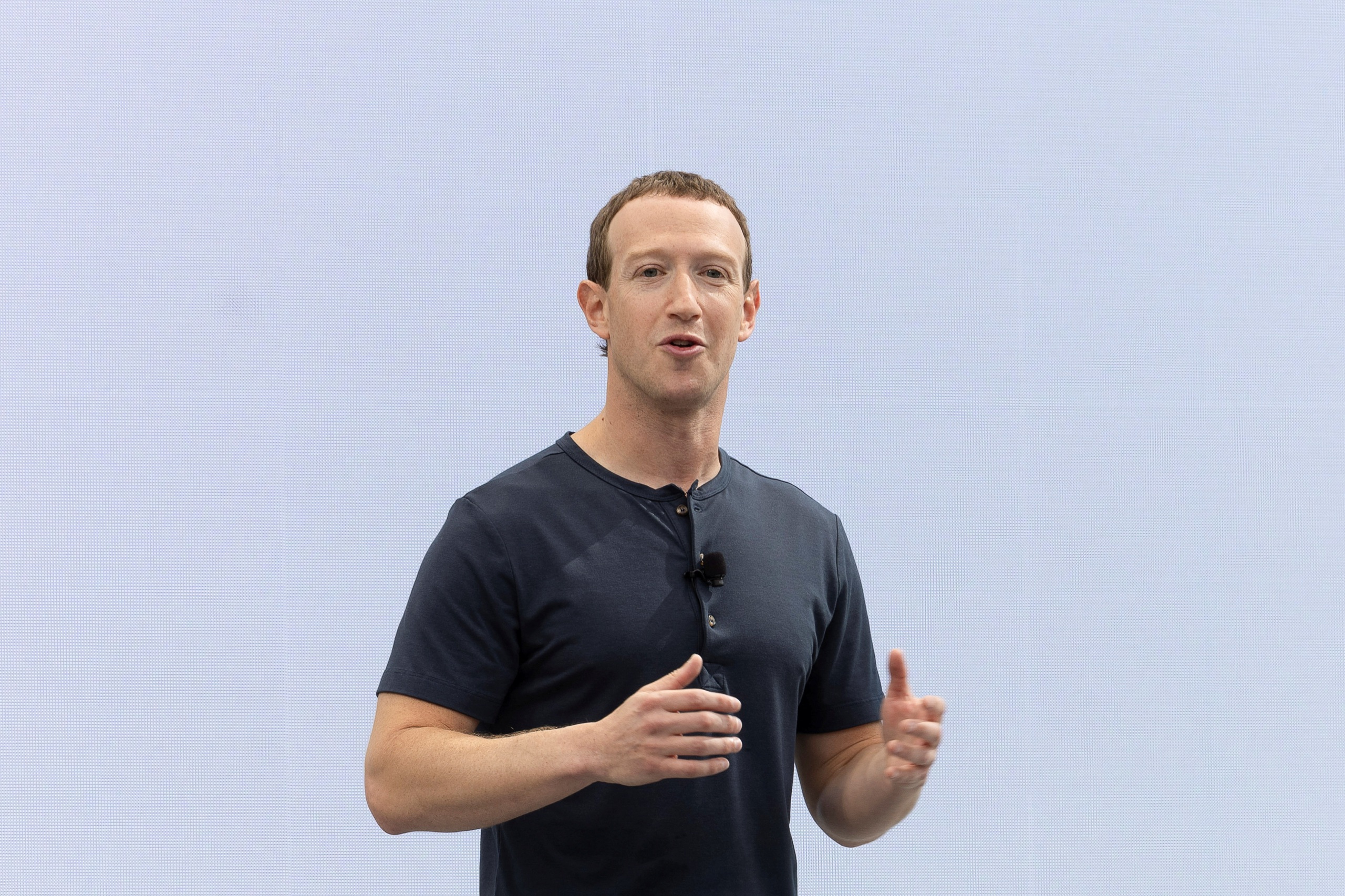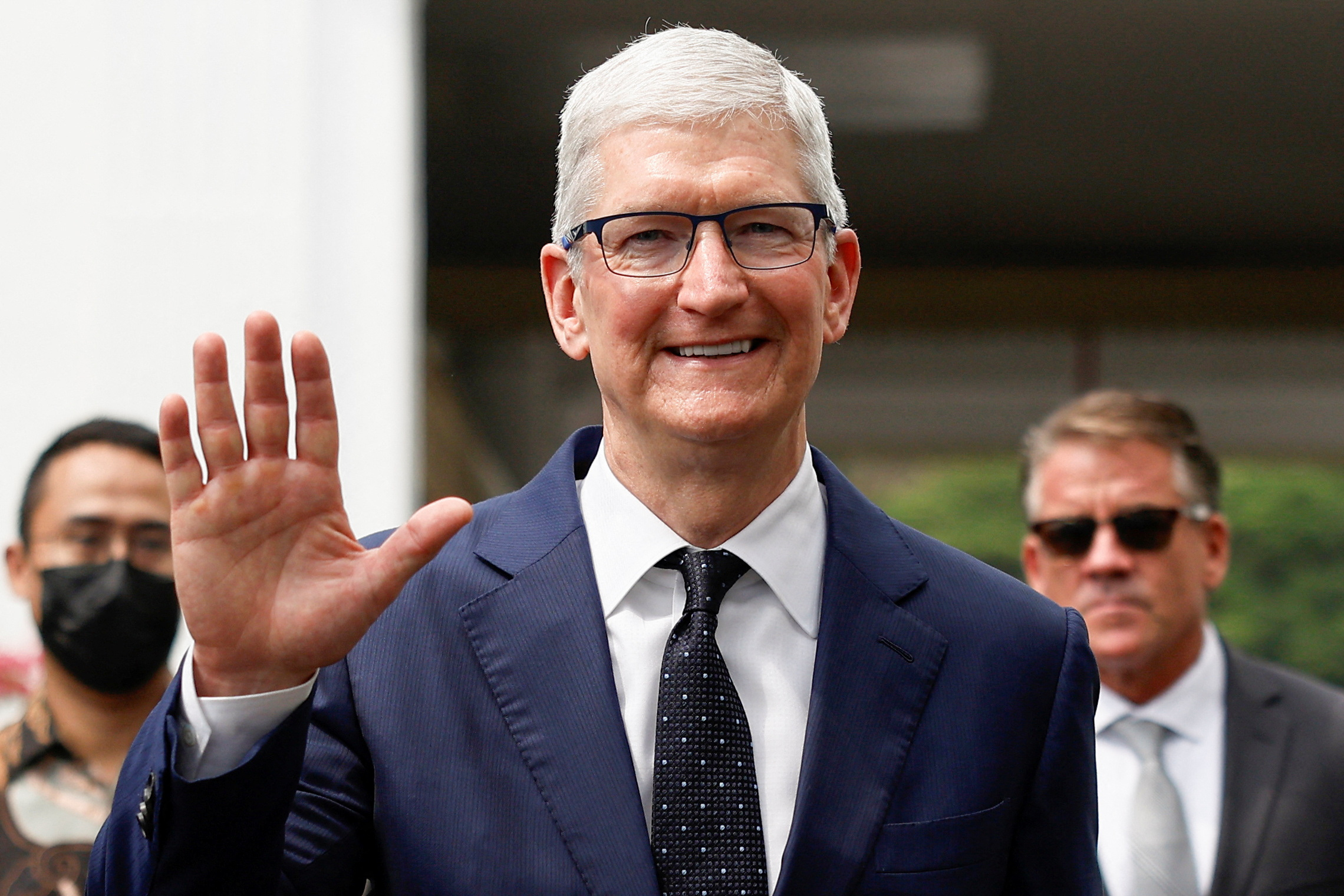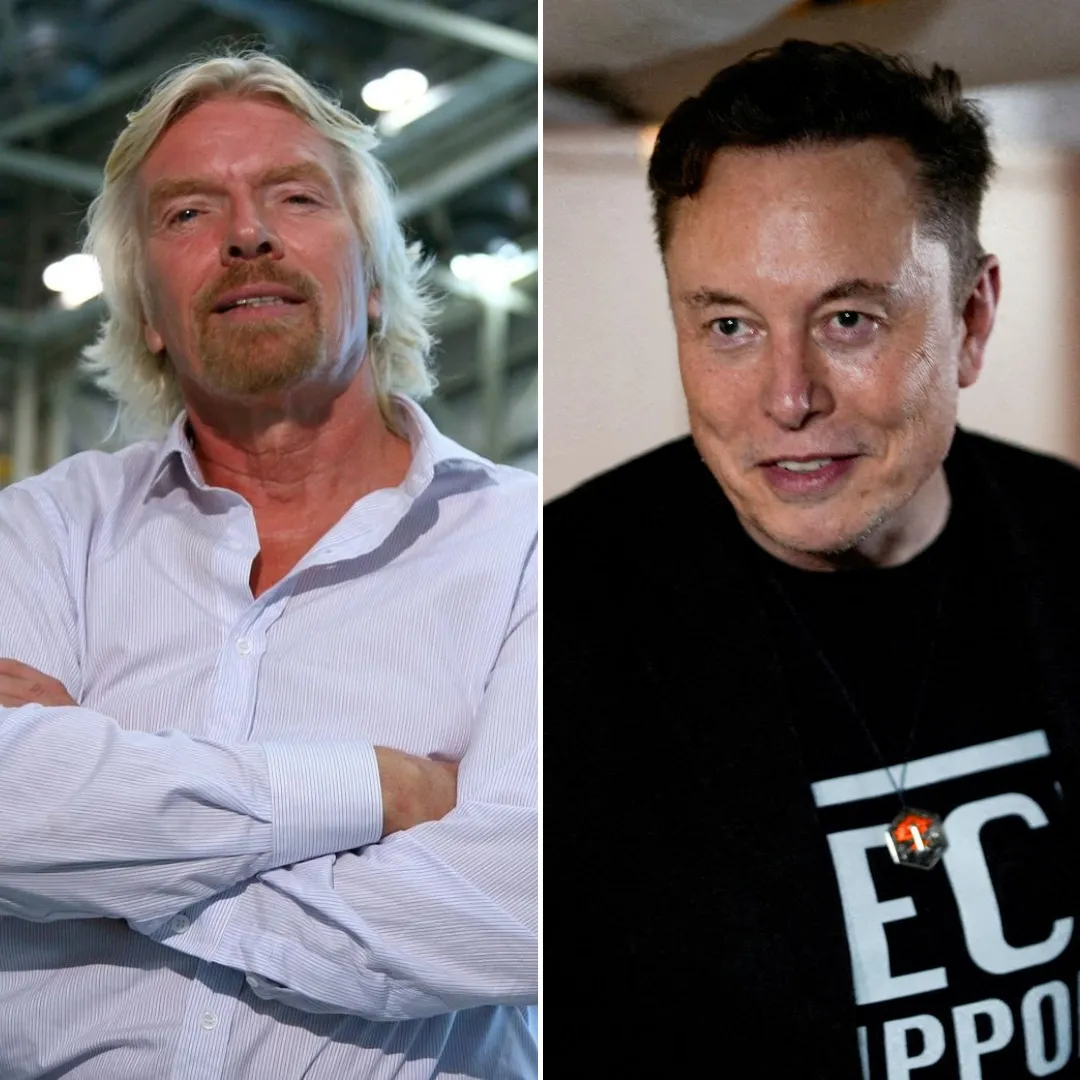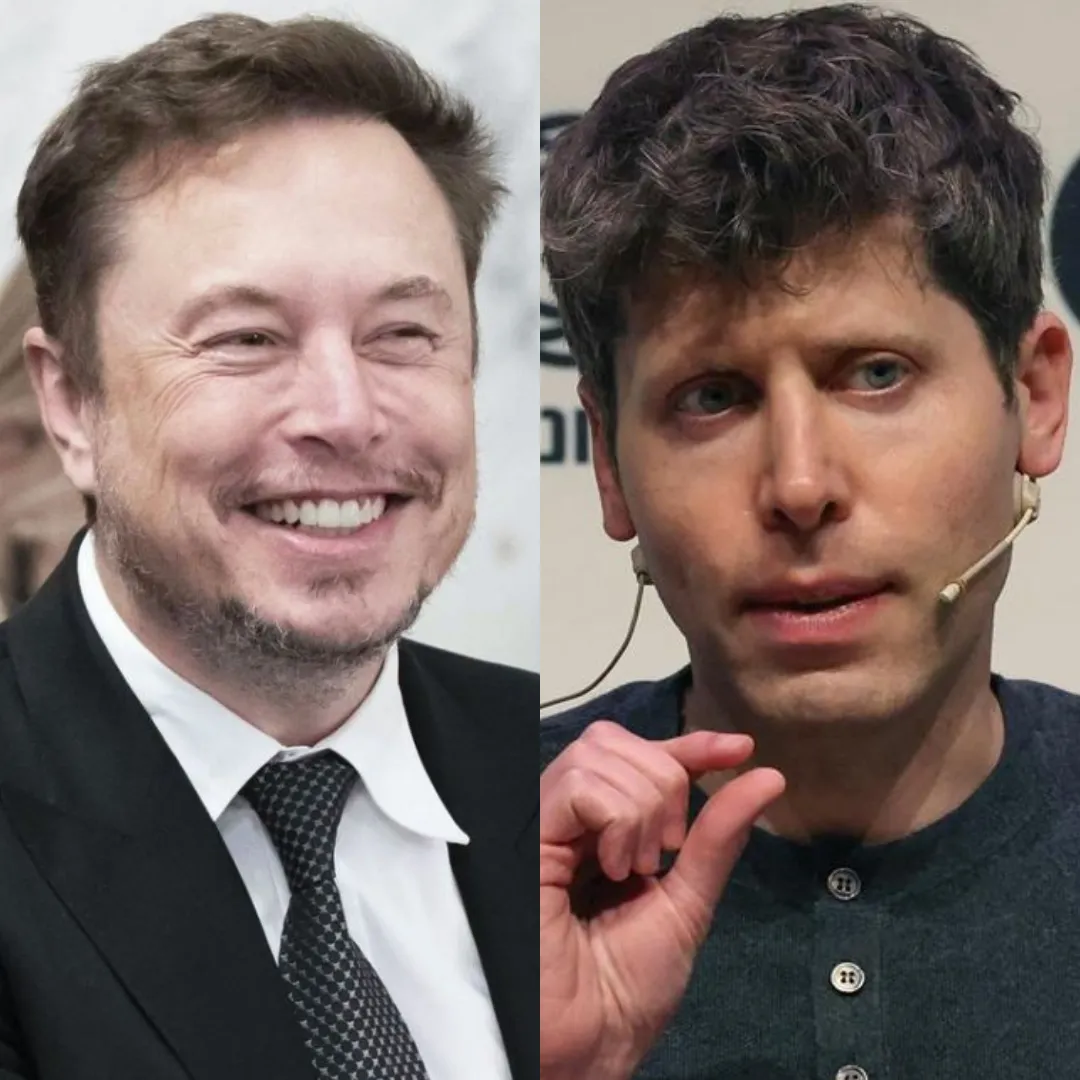
Mark Zuckerberg, CEO of Meta, recently voiced his concerns about Apple’s proprietary AirPods protocol during an appearance on the Joe Rogan Podcast, sparking a significant debate about competition in the tech world.
In a candid conversation, Zuckerberg criticized Apple for its exclusive AirPods connectivity protocol, which seamlessly integrates with iPhones but restricts third-party devices from accessing the same ease of use. This issue is particularly relevant as both Meta and Apple intensify their efforts in the rapidly growing smart glasses market.
Zuckerberg’s comments come at a time when Apple’s dominance in the wireless earbud market is uncontested. Apple’s AirPods have become a ubiquitous part of the tech ecosystem, enjoying seamless connectivity with iPhones, MacBooks, and other Apple devices.
However, Zuckerberg sees this exclusivity as an unfair advantage and believes it stifles competition. According to him, the protocol Apple uses for AirPods is a deliberate strategy to lock competitors out, forcing users to buy only Apple products if they want the best performance.
During the podcast, Zuckerberg remarked on the fact that Apple’s protocol lacks encryption and transmits data in plain text, which he argued is a security risk. He didn’t hold back, suggesting that Apple’s response to these issues—that third-party devices can’t connect because it would be insecure—was an excuse to maintain the protocol's exclusivity.
"It's insecure because you didn't build any security into it," Zuckerberg retorted, challenging the validity of Apple’s concerns over privacy and security.
Zuckerberg believes that Apple could have easily made the protocol more secure, but instead, it chose to use security as a cover to prevent other tech companies from accessing it.

Zuckerberg also pointed out the practical challenges Meta encountered when trying to integrate its Ray-Ban Meta Glasses with iPhones. The partnership between Meta and Ray-Ban, designed to bring smart glasses to consumers, faced significant hurdles due to Apple’s refusal to share the necessary protocol.
Zuckerberg explained how this lack of cooperation had a direct impact on Meta's product development, leading to difficulties in creating a seamless experience for iPhone users who wanted to use the Meta glasses.
This situation was a stark example of how Apple’s proprietary technology creates roadblocks for other companies trying to innovate in the same space.
The issue of exclusivity in tech is not a new one. Apple has faced criticism in the past for its closed ecosystem, particularly its reluctance to allow third-party devices to work as smoothly with its products as those made by Apple itself.
The AirPods protocol is just one example of how Apple maintains control over its products and services, often at the expense of consumer choice and competition.
By keeping key technologies under wraps, Apple ensures that its products continue to dominate the market, forcing consumers to buy into the Apple ecosystem if they want the best experience.
Zuckerberg’s remarks on the podcast come at a time when both Meta and Apple are aggressively pursuing the smart glasses market. Meta is planning to launch a $1,000 version of its Ray-Ban smart glasses, a direct challenge to Apple’s growing ambitions in augmented reality (AR).

The Meta glasses are expected to feature a built-in screen and hand-gesture controls, which could revolutionize the way people interact with AR. However, Apple is not sitting idle.
Reports indicate that Apple is developing new chips designed to compete with Meta’s glasses, and the company has hinted at its own AR glasses being in the pipeline.
The battle between Apple and Meta in the AR and wearable tech space underscores the growing competition between the two tech giants. While Apple has a head start in terms of brand loyalty and market penetration, Meta’s recent push into the smart glasses market is a direct challenge to Apple’s dominance.
Zuckerberg believes that opening up protocols and creating a more competitive environment would benefit consumers by encouraging innovation and improving the quality of products in the market. However, Apple’s strategy of maintaining control over key technologies like the AirPods protocol seems to stand in the way of that ideal.
The Meta CEO’s frustration with Apple is not just about business rivalry—it’s also about the future of technology. Zuckerberg has long been an advocate for open-source technologies and believes that the best innovations come from allowing multiple companies to compete freely.
He has made this clear in Meta’s business model, which focuses on connecting people and integrating various technologies across platforms.
For Zuckerberg, the idea of closed ecosystems and proprietary protocols goes against the spirit of innovation and limits the potential for technological growth.

Zuckerberg’s challenge to Apple comes at a time when Meta is experiencing both growth and scrutiny. In 2025, Meta’s stock has climbed by 6.05%, reflecting investor confidence in the company’s ability to continue to innovate.
However, Apple’s stock has taken a hit, dropping 17.13% in the same period. This shift in the stock market suggests that consumers and investors are becoming more critical of Apple’s closed ecosystem, especially as competitors like Meta and others push for more open, collaborative technologies.
For Meta, the stakes are high. The company’s vision for the future is centered around the metaverse, an interconnected virtual world where people can socialize, work, and play. As part of this vision, Meta sees smart glasses and augmented reality as key components of its long-term strategy.
However, Apple’s dominance in the hardware space, coupled with its reluctance to share technologies like the AirPods protocol, presents a significant challenge.
Zuckerberg’s call for fairer competition is not just about business—it’s about creating a more open, innovative tech environment that benefits consumers and drives progress.
Apple’s refusal to open up its proprietary technologies raises questions about the future of competition in the tech industry.
If Apple continues to block third-party devices from connecting seamlessly with its products, it could stifle innovation and limit consumer choice. As more companies enter the AR and smart glasses market, the need for open standards becomes increasingly important.
Zuckerberg’s comments on the podcast reflect a broader desire for collaboration and fair competition, which could ultimately lead to better products and experiences for consumers.
The tension between Apple and Meta in the tech world is a microcosm of the larger debate about the role of big tech in society. While companies like Apple and Meta are undeniably influential, their practices can have a significant impact on the way technology develops and how consumers interact with it.
As the battle for dominance in the AR and wearable tech markets continues, the need for fair competition and open innovation will become even more crucial.
In conclusion, Mark Zuckerberg’s criticisms of Apple’s proprietary AirPods protocol are part of a larger conversation about competition and innovation in the tech industry. As both Meta and Apple ramp up their efforts in the smart glasses and AR markets, Zuckerberg’s call for more openness and collaboration is timely.
The future of technology depends on creating an environment where companies can compete freely, pushing each other to develop better products and experiences for consumers. If Apple continues to maintain its exclusive protocols, it could risk stifling the very innovation that has made it a leader in the tech industry.



-1743649908-q80.webp)